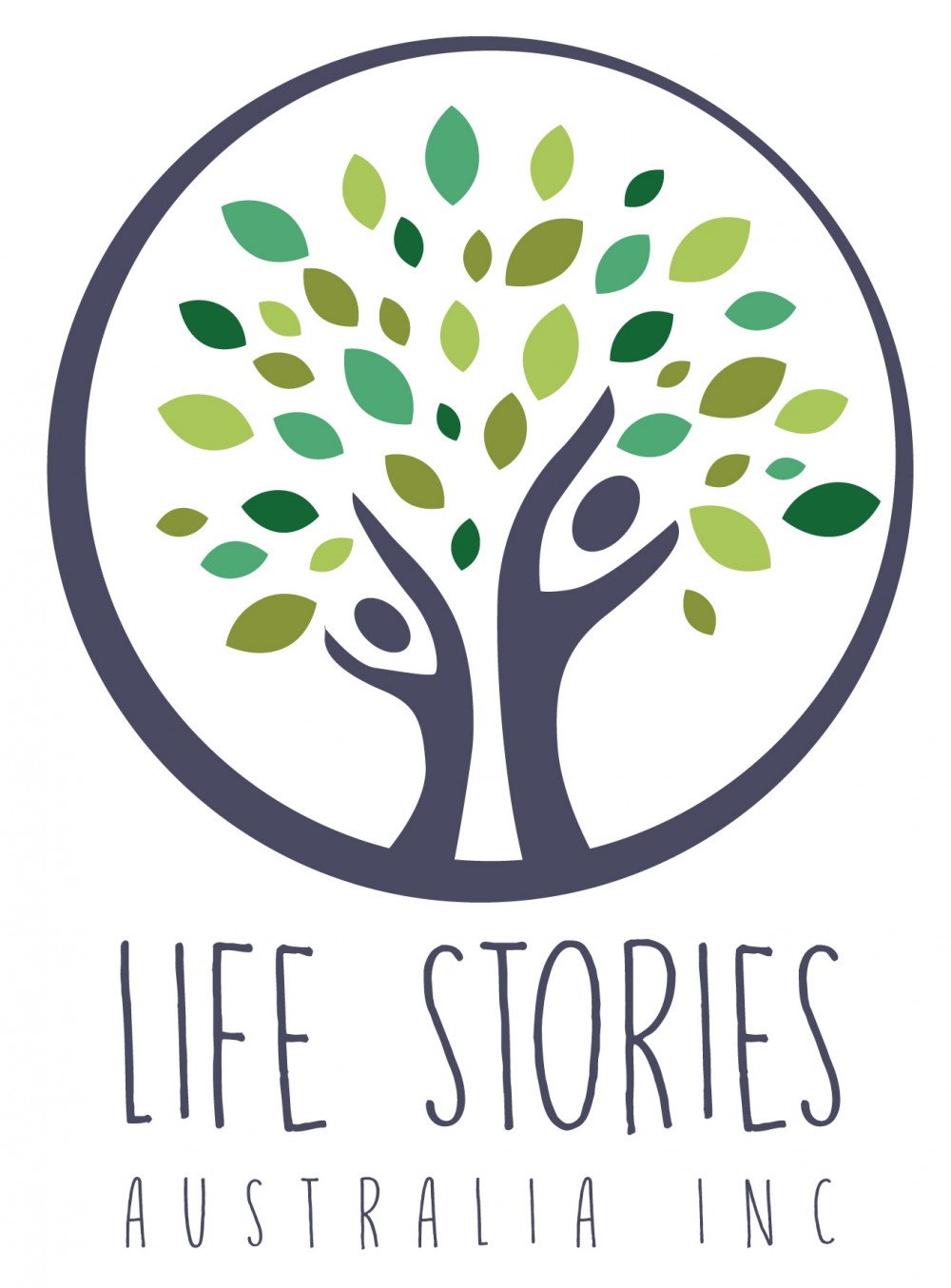MEDIA RELEASE
Aged Care Royal Commission must support life story writing for people living with dementia
Sydney, 18 March 2019 – Life Stories Australia, the professional association representing life story writers and filmmakers, applauds the Royal Commission into Aged Care Quality and Safety for considering how best to deliver aged care services to the increasing number of Australians living with dementia.
Paul English, the President of Life Stories Australia, says there is an urgent need to introduce life story recording into aged care facilities as part of the patient-centred care of our seniors and people living with dementia. Life story recording includes writing memoirs and life stories, photos books and audio and video recording.
‘Repeated research studies reveal that recording a person’s life story has immense psychological and health benefits.
‘Life Stories Australia calls on the Royal Commission and Federal Government to invest in research to determine the best way of delivering life story writing services in aged care facilities and home care.
‘Life Stories Australia stands ready to assist the Federal Government with this research as our members are highly qualified life story professionals with the knowledge and skills required to evaluate this important area of aged care.
‘Documenting a person’s life story is key to the recognition, appreciation and care of our seniors. All stages of aged care can incorporate various models of recording life stories. Life Stories Australia has the expertise to help the Federal Government and aged care sector design and pilot these models.
‘For people with Alzheimer’s and other forms of dementia, personal identity can seem to slip away as cognitive abilities decline. But even as individuals begin to lose touch with current events, they may hold onto cherished memories.
‘Photographs, treasured objects and favourite songs all can help to stimulate fond thoughts of the past for people with dementia. The strong bond to familiar people and places is the basis for Reminiscence Therapy, which helps individuals with dementia recall their personal history.
‘Reminiscence Therapy enhances the quality of life of people living with dementia by capturing sensory memories—sight, touch, taste, smell and sound—helping them remember events, people and places from their past.
‘These memories can be recorded so that the person has a written or oral record of their memories that they and their carers can draw on when their memory diminishes as the disease progresses.
‘Reminiscing about memories can help people feel more confident in their abilities and provide them with the opportunity to talk about what holds meaning for them.
‘By sharing memories from the past through Reminiscence Therapy, people with dementia can enhance their mood, while reducing depression, anxiety and agitation.
‘Life story writing should be a first-line of support for elderly people and those living with dementia to help them retain their sense of identity and dignity.
‘We know that life story writing is used extensively in palliative care and the area of Dignity Therapy research demonstrates its value in improving the quality of life of terminally ill patients.
’The Federal Government should adopt the model of life story writing used so successfully in palliative care to enhance the patient-centred care of elderly people and people living with dementia—in both aged care facilities and home care.
‘By recording a person’s story, aged care workers, carers and ancillary staff can learn about the person and their past, initiating informed conversations with them about their life.
‘By knowing where a person was born; the names of family members; details of their career, voluntary work, hobbies, passions and achievements; carers can gain insights into their client, their values and what motivates them. By understanding their client in greater depth, they tend to value their client more, helping them engage in rich meaningful conversations that enhance their client’s quality of life.
‘Life story writing helps people realise they lived a meaningful life and made a positive contribution to the world. It enables them to leave a legacy to their loved ones for generations to come.
‘Storytelling is an immensely powerful way of enhancing the quality of life of elderly people and those living with dementia and should be a mainstay of 21stcentury aged care,’ he added.
About Life Stories Australia
Life Stories Australia is an incorporated association of dedicated and experienced professionals who help individuals, families, communities, organisations and businesses to record and document personal and collective histories. Members preserve their clients’ stories across a broad range of mediums including but not limited to print, photographic, image, audio, film, digital and mixed media. As an association, we not only promote the craft of documenting life stories but also seek to further the professional interests of our practitioners. As professional storytellers, Life Stories Australia members bring an objective and experienced voice to their client’s story and provide a level of professionalism that goes beyond what you as a client could have otherwise achieved alone.
Media Contact
Gabriella Kelly-Davies
Vice President
Life Stories Australia
vp-pr@lifestoriesaustralia.com.au
http://lifestoriesaustralia.com.au/
0408 256 381



Follow Us